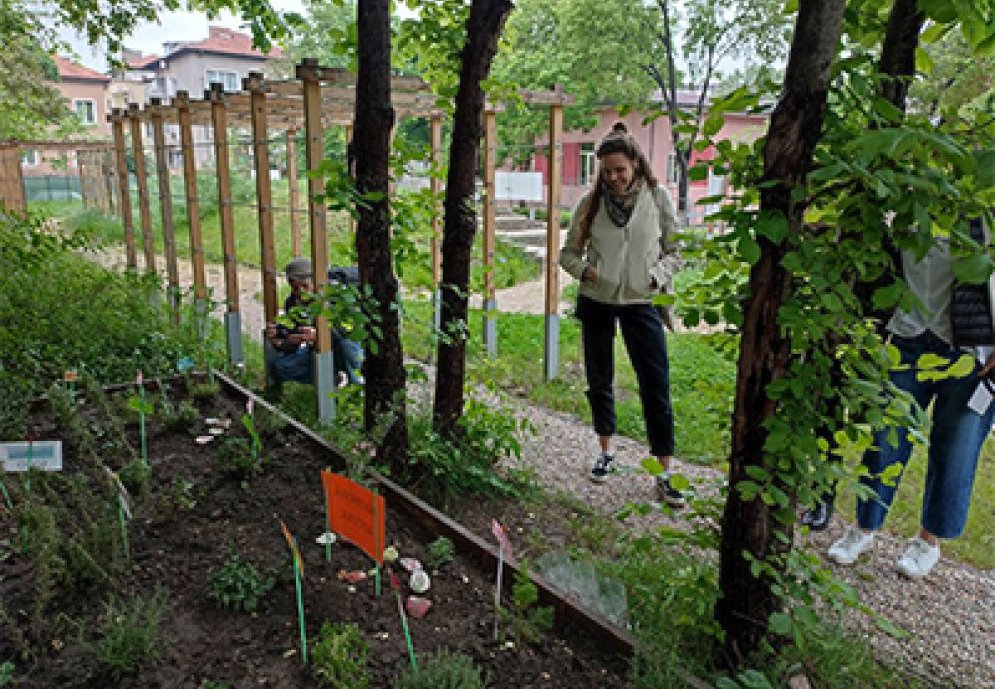

Herbal Garden in School
Learning outcome
The schoolyard can become an extension of the classroom. The practical activities in the school garden can be easily combined with the lessons in which nature is studied. There children learn about the diversity of plants, their structure and needs, as well as the insects that inhabit this magical world of beautiful and delicious vegetables, herbs and flowers. The school garden is the perfect place for activities and discussions related to the environmental protection, organic farming, sustainability and socialization, where children learn teamwork, care and responsibility.
Age group:
- Kindergartens
- Primary schools, 7-10 years old
Learning outcome:
- environmental education - plant life cycle and food origins;
- caring for nature;
- cooking from scratch and free of food waste
Time required
- supporting activities throughout the school year
Tools or equipment
- gardening tools; plants; sensory educational resources; basic cooking tools.
European initiative Planet friendly schools with lots of resources: https://www.planetfriendlyschools.eu/
Activity description
In order to ensure that your garden project runs smoothly, there are a few initial considerations to think about even before you even lift a spade. By thinking about these things before getting your hands dirty, you will be able to ensure that you design your space so that it benefits the children who will be using it, as well as maximizing your physical space.
- Meet with parents to explain your plans and how their children will benefit from outdoor play and learning.
- Involve parents and the children in the planning stages. Ask the question – what would they like to see in the garden space?
- Seek out and use the expertise and skills of parents.
- Put together a ‘wish list’ of everything you would like to have in your garden space.
- Draw a plan of your outdoor space to determine whether all of your wish list can be incorporated. If not, what are your priorities?
Above all else, there are three main things to consider when setting up your garden:
- Think about your space
- Think about your budget
- Think about your volunteers
Educational activities:
For more visit:
Tips how to implement the topic to school curriculum
Nature sciences: gardening; environmental protection and sustainability
Еnvironmental education
Technologies and Entrepreneurship
